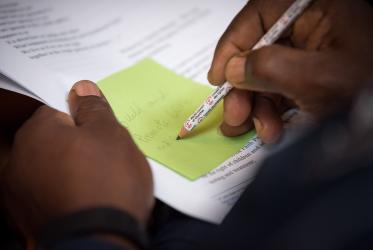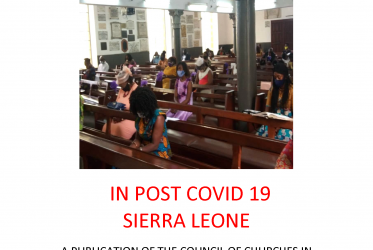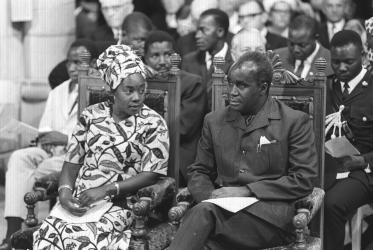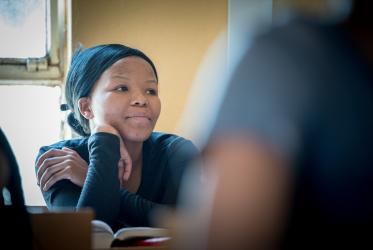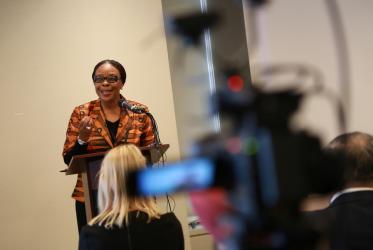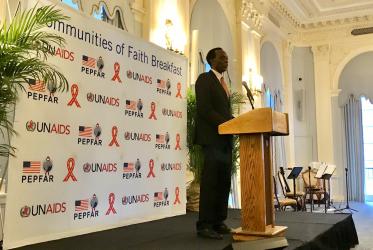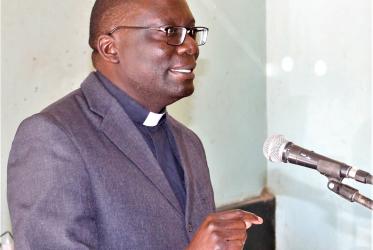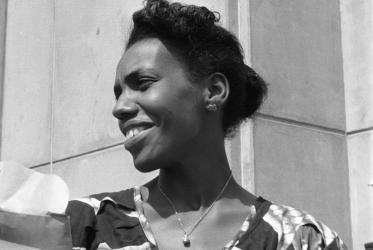Displaying 1 - 20 of 35
03 August 2021
African Churches mark International Women’s Day
09 March 2021
New student body at Bossey Ecumenical Institute “a source of joy”
14 September 2020
Young Africans are eager to grapple with challenges
09 January 2020
Rev. Damon Mkandawire: “A man is a gender justice champion”
03 October 2019
Council of Churches in Zambia: “Involve the people in the process”
09 September 2019
A tribute to Rev. Dr Rena Joyce Weller Karefa-Smart
21 January 2019
Doing his best without being the best
07 September 2018
In Zambia, foreign investors complicate “economy of life”
06 September 2017
